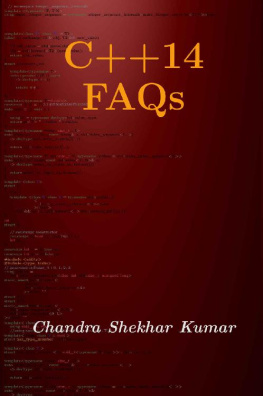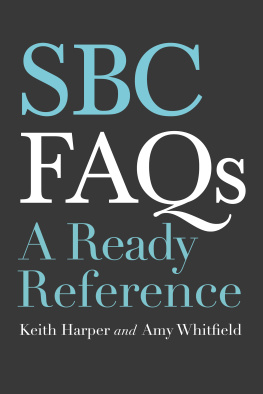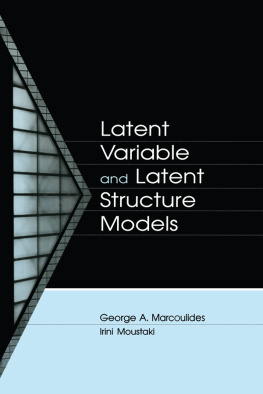Chandra Shekhar Kumar - C++14 FAQs
Here you can read online Chandra Shekhar Kumar - C++14 FAQs full text of the book (entire story) in english for free. Download pdf and epub, get meaning, cover and reviews about this ebook. year: 2014, genre: Computer. Description of the work, (preface) as well as reviews are available. Best literature library LitArk.com created for fans of good reading and offers a wide selection of genres:
Romance novel
Science fiction
Adventure
Detective
Science
History
Home and family
Prose
Art
Politics
Computer
Non-fiction
Religion
Business
Children
Humor
Choose a favorite category and find really read worthwhile books. Enjoy immersion in the world of imagination, feel the emotions of the characters or learn something new for yourself, make an fascinating discovery.
- Book:C++14 FAQs
- Author:
- Genre:
- Year:2014
- Rating:4 / 5
- Favourites:Add to favourites
- Your mark:
C++14 FAQs: summary, description and annotation
We offer to read an annotation, description, summary or preface (depends on what the author of the book "C++14 FAQs" wrote himself). If you haven't found the necessary information about the book — write in the comments, we will try to find it.
Primary sources of this collection are:
- Advanced C++ FAQs: Volume 1 : Fundamentals
- Advanced C++ FAQs: Volume 2 : Generic Programming
- Advanced C++ FAQs: Volumes 1 & 2
This book is not an introduction to C++. It assumes that the reader is
aware of the basics of C++98 and C++03 and wants to expand her horizon
to latest and greatest in C++14(aka C++1y). The problems are marked on
a scale of one(*)(simplest) to five stars(*****)(hardest).
Forthcoming volumes will strengthen this particular approach spanning
various areas of C++.
- variable templates
- Constexpr static data members of class templates
- constexpr function templates
- static data member template
- specialization of variable template
- default argument and specialization of variable template
- lambda and variable template
- variable templates variables vary
- auto variable templates
- valid specialization but error ?
- variable templates and lambda revisited
- Incremental improvement to integral constant
- is same musings
- auto variable template and generic lambda
- constexpr member functions and implicit const
- constexpr vs static vs uninitialized
- constexpr vs member function revisited
- deprecated attribute
- Member initializers and aggregate class
- Data Member initializers
- time duration literals
- Compile Time binary Literal Operator
- Square Literal Operator
- Type Transformation Aliases
- unique ptr vs make unique as function argument
- make unique as perfect forwarding guy
- make unique and new
- make unique and default initialization with T[]
- Extend make unique : Support list initialization T[]
- Extend make unique : Value Initialize T[]
- Extend make unique : T[N]
- allocate unique
- Compile-time integer sequences
- Simplified Creation of std::integer sequence
- std::index sequence
- Custom Sequence : Addition
- Custom Sequence : Split
- Extract from tuple
- convert std::array to std::tuple
- Piecewise construction of std::pair
- Compile Time Integer Sequence Simplified
- sfinae and represent type of function
- metafunction : check presence of type member
- std::common type and sfinae
- Contextual Conversion
- Single quotation mark as digit separator
- Binary Literals
- auto return type in function declaration
- return type deduction for function
- return type deduction for lambdas
- decltype(auto)
- return type deduction for function templates
- explicit instantiation and auto
- return type deduction and virtual
- deduce return type
- generalized lambda capture
- generic lambda and product vector
- generic lambda
- generic lambda definition
- conversion function of generic lambda
- generic lambda quiz
- Preventing Name Hijacking
- Find First Null Pointer in a Container
- Generic Operator Functors
- Exchange Utility
- Addressing Tuple By Type
- Quoted manipulators
- Null Iterator
- std
....
....
....
...
....
....
....
Chandra Shekhar Kumar: author's other books
Who wrote C++14 FAQs? Find out the surname, the name of the author of the book and a list of all author's works by series.









